This magnificent tour de force presents a comprehensive overview of a wide variety of algorithms and the analysis of them. Now in its third edition, The Art of Computer Programming, Volume I: Fundamental Algorithms contains substantial revisions by the author and includes numerous new exercises.
Although this book was conceived several decades ago, it is still a timeless classic. One of the book’s greatest strengths is the wonderful collection of problems that accompany each chapter. The author has chosen problems carefully and indexed them according to difficulty. Solving a substantial number of these problems will help you gain a solid understanding of the issues surrounding the given topic. Furthermore, the exercises feature a variety of classic problems.
Fundamental Algorithms begins with mathematical preliminaries. The first section offers a good grounding in a variety of useful mathematical tools: proof techniques, combinatorics, and elementary number theory. Knuth then details the MIX processor, a virtual machine architecture that serves as the programming target for subsequent discussions. This wonderful section comprehensively covers the principles of simple machine architecture, beginning with a register-level discussion of the instruction set. A later discussion of a simulator for this machine includes an excellent description of the principles underlying the implementation of subroutines and co-routines. Implementing such a simulator is an excellent introduction to computer design.
In the second section, Knuth covers data structures–stacks, queues, lists, arrays, and trees–and presents implementations (in MIX assembly) along with techniques for manipulating these structures. Knuth follows many of the algorithms with careful time and space analysis. In the section on tree structures, the discussion includes a series of interesting problems concerning the combinatorics of trees (counting distinct trees of a particular form, for example) and some particularly interesting applications. Also featured is a discussion of Huffmann encoding and, in the section on lists, an excellent introduction to garbage collection algorithms and the difficult challenges associated with such a task. The book closes with a discussion of dynamic allocation algorithms.
The clear writing in Fundamental Algorithms is enhanced by Knuth’s dry humor and the historical discussions that accompany the technical matter. Overall, this text is one of the great classics of computer programming literature–it’s not an easy book to grasp, but one that any true programmer will study with pleasure.

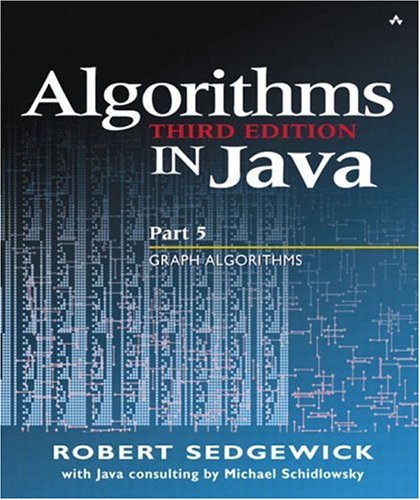
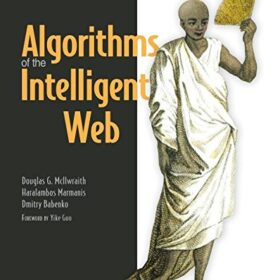
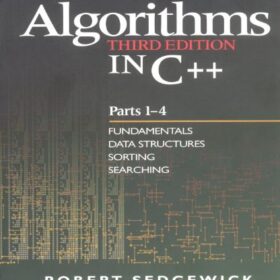
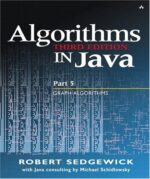
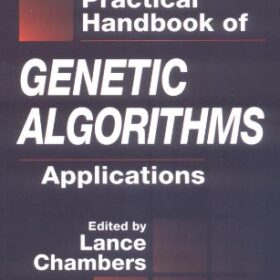
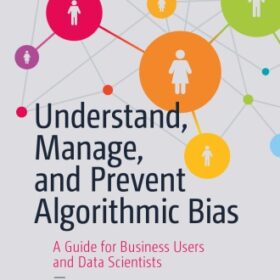
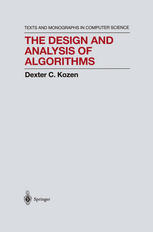
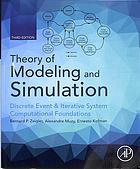
Reviews
There are no reviews yet.